Hacker proves password theft is easy
Password theft is not very tricky and can be done without much skill or money, a security expert explains during a live hack.
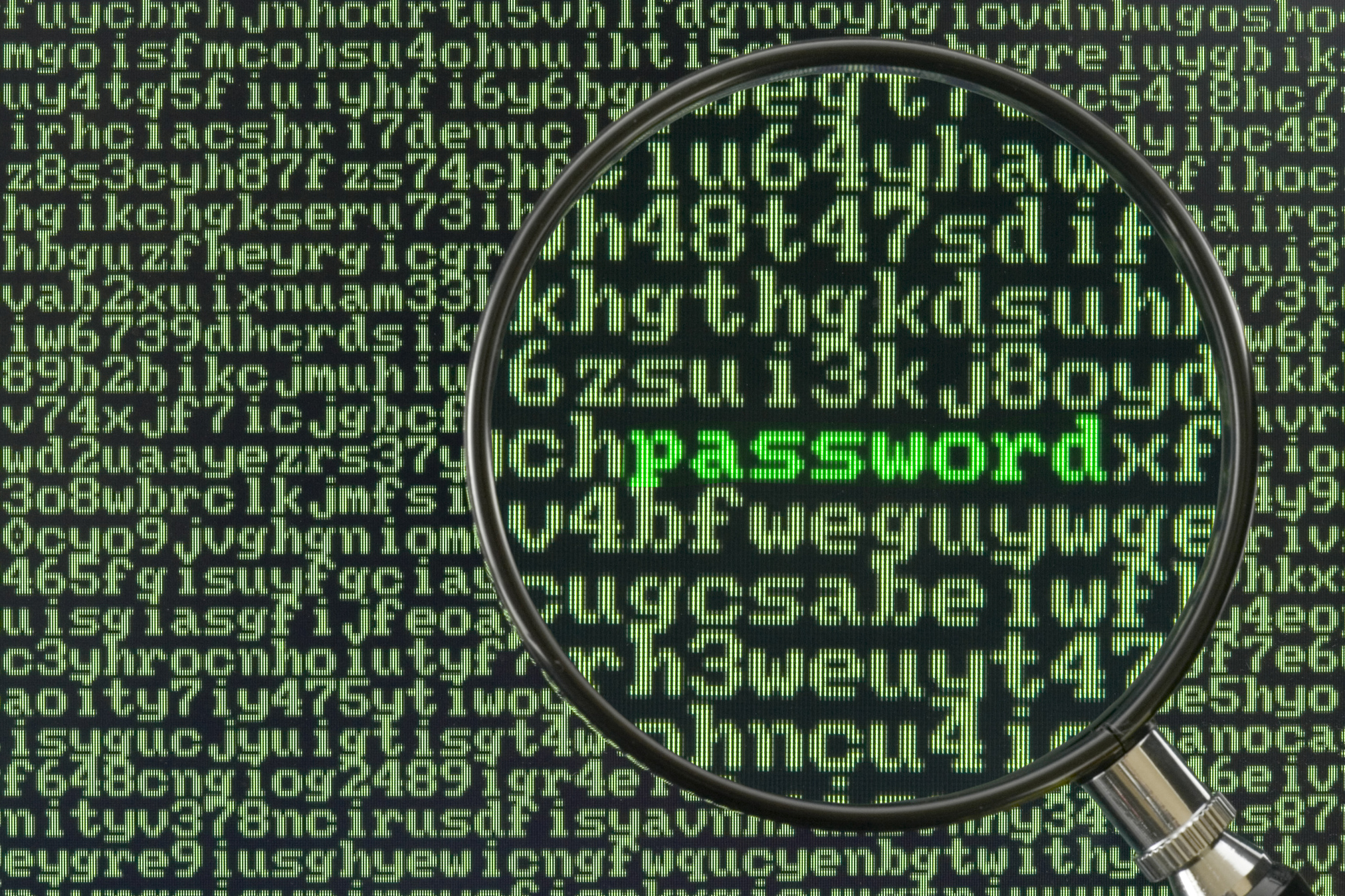

Anyone can easily get online and steal passwords - and it will not cost them much either.
This was the message during a live hack coordinated this morning by Jason Hart, senior vice president in Europe for two-factor authenticaton provider CRYPTOCard.
During the hack, he set up his own wireless hotspot, which he simply called BT Openzone.
As delegates used the wireless service, Hart was able to get hold of whatever usernames and passwords were being typed into web applications, just by using an easily downloadable password recovery tool called Cain & Abel.
When Hart and his team tested out the method across cafes in the UK, 100 per cent of web browsers in the various establishments used the fake BT Openzone service.
"That's how easy it is, it is instant," said Hart.
"People believe passwords are secure, but if someone has got your password you won't know about it."
Get the ITPro daily newsletter
Sign up today and you will receive a free copy of our Future Focus 2025 report - the leading guidance on AI, cybersecurity and other IT challenges as per 700+ senior executives
There are various other methods people can use to acquire passwords, from searching for them with simple Google algorithms to using paid-for services run by groups such as the Slick Hackers Group, the security expert explained.
He claimed the solution to the problem was two-factor authentication, where two independent forms of identification are required in conjunction to allow user access.
"There should be no reason why internet service providers shouldn't be supplying everyone with two-factor authentication," Hart added, noting Virgin Media had committed to offering such services with the help of CRYPTOCard.
He also sought to dispel the myth that using complex passwords will protect user accounts from hackers. Cyber criminal's methods for stealing passwords render length and variation in characters, letters and numbers meaningless, Hart said.
"Obviously people need to not have a password that is 'password'," he added.
Tom Brewster is currently an associate editor at Forbes and an award-winning journalist who covers cyber security, surveillance, and privacy. Starting his career at ITPro as a staff writer and working up to a senior staff writer role, Tom has been covering the tech industry for more than ten years and is considered one of the leading journalists in his specialism.
He is a proud alum of the University of Sheffield where he secured an undergraduate degree in English Literature before undertaking a certification from General Assembly in web development.
-
 Bigger salaries, more burnout: Is the CISO role in crisis?
Bigger salaries, more burnout: Is the CISO role in crisis?In-depth CISOs are more stressed than ever before – but why is this and what can be done?
By Kate O'Flaherty Published
-
 Cheap cyber crime kits can be bought on the dark web for less than $25
Cheap cyber crime kits can be bought on the dark web for less than $25News Research from NordVPN shows phishing kits are now widely available on the dark web and via messaging apps like Telegram, and are often selling for less than $25.
By Emma Woollacott Published
-
 I love magic links – why aren’t more services using them?
I love magic links – why aren’t more services using them?Opinion Using magic links instead of passwords is safe and easy but they’re still infuriatingly underused by businesses
By Solomon Klappholz Published
-
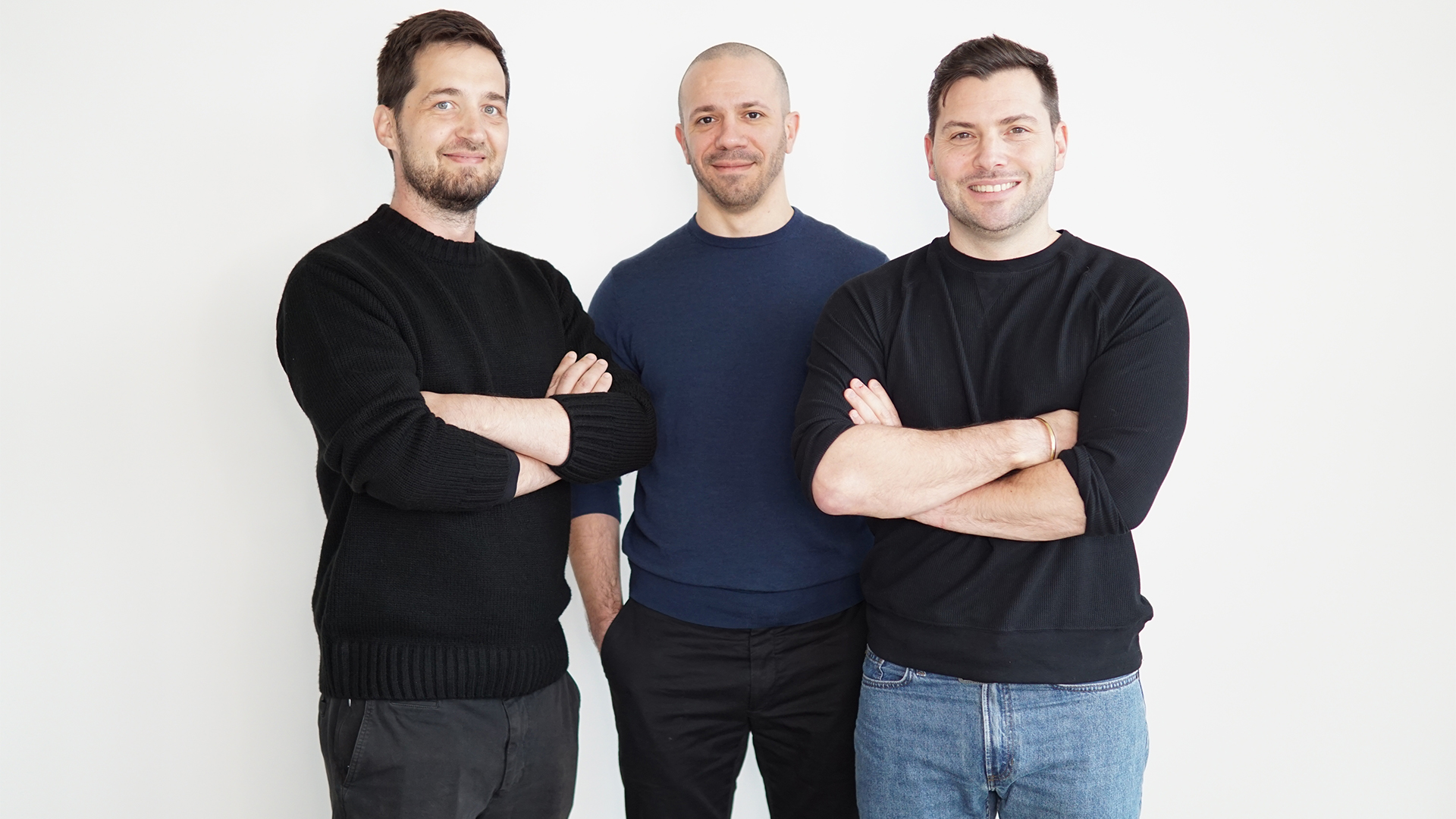 Password management startup Passbolt secures $8 million to shake up credential security
Password management startup Passbolt secures $8 million to shake up credential securityNews Password management startup Passbolt has secured $8 million in funding as part of a Series A investment round.
By Ross Kelly Published
-
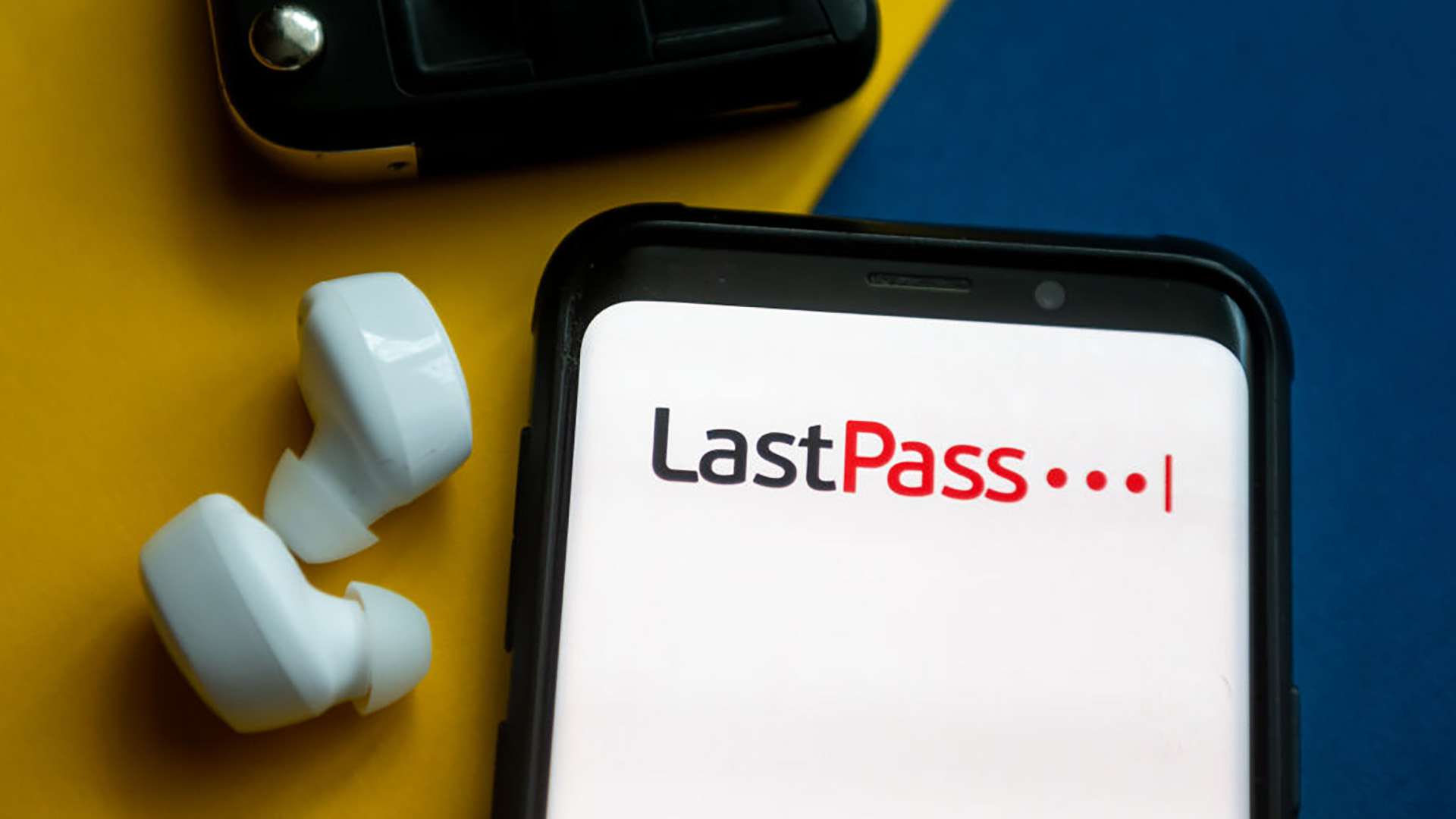 LastPass breach comes back to haunt users as hackers steal $12 million in cryptocurrency
LastPass breach comes back to haunt users as hackers steal $12 million in cryptocurrencyNews The hackers behind the LastPass breach are on a rampage two years after their initial attack
By Solomon Klappholz Published
-
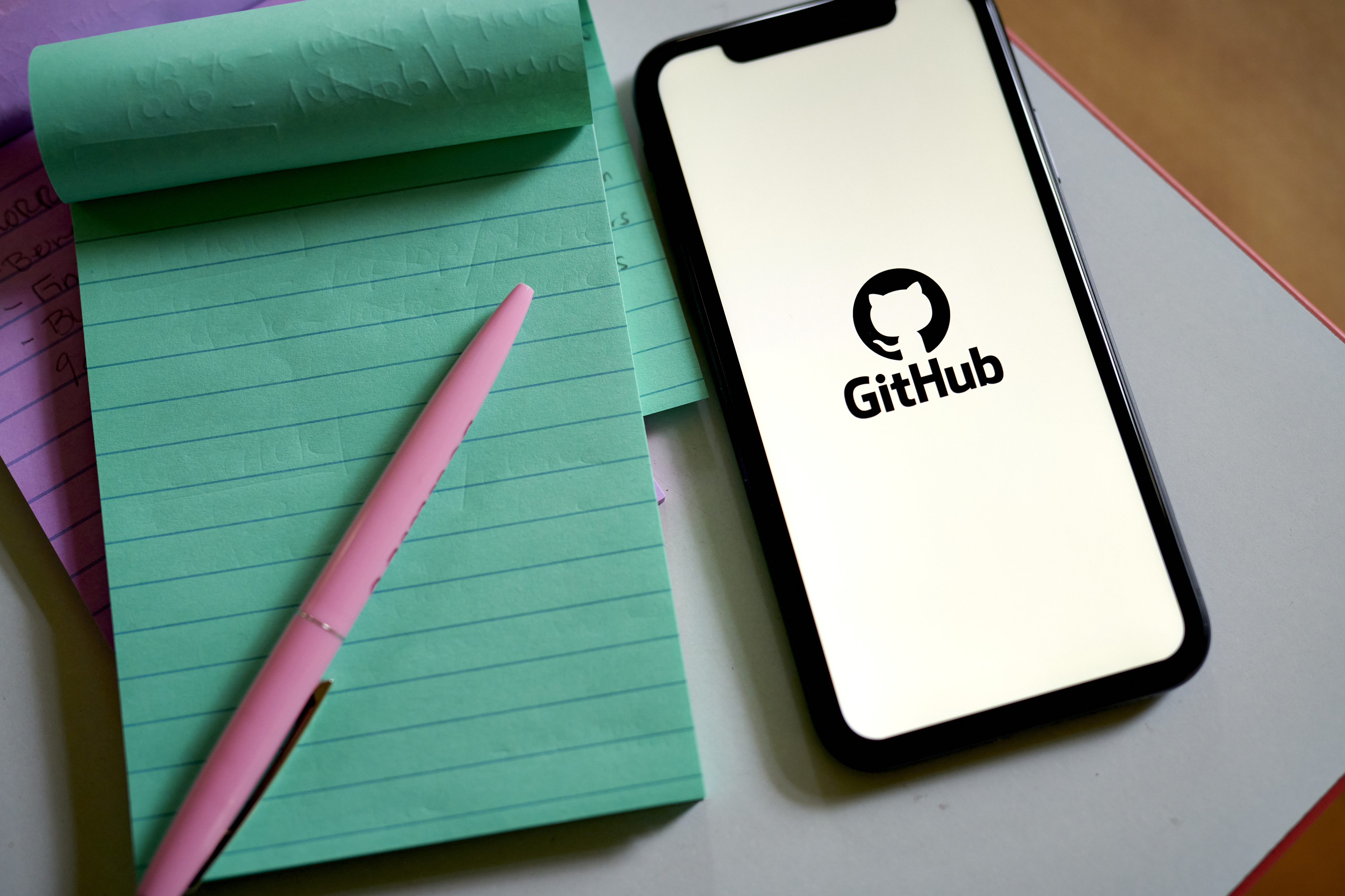 GitHub launches passkeys beta for passwordless authentication
GitHub launches passkeys beta for passwordless authenticationNews Users can now opt-in to using passkeys, replacing their password and 2FA method
By Daniel Todd Published
-
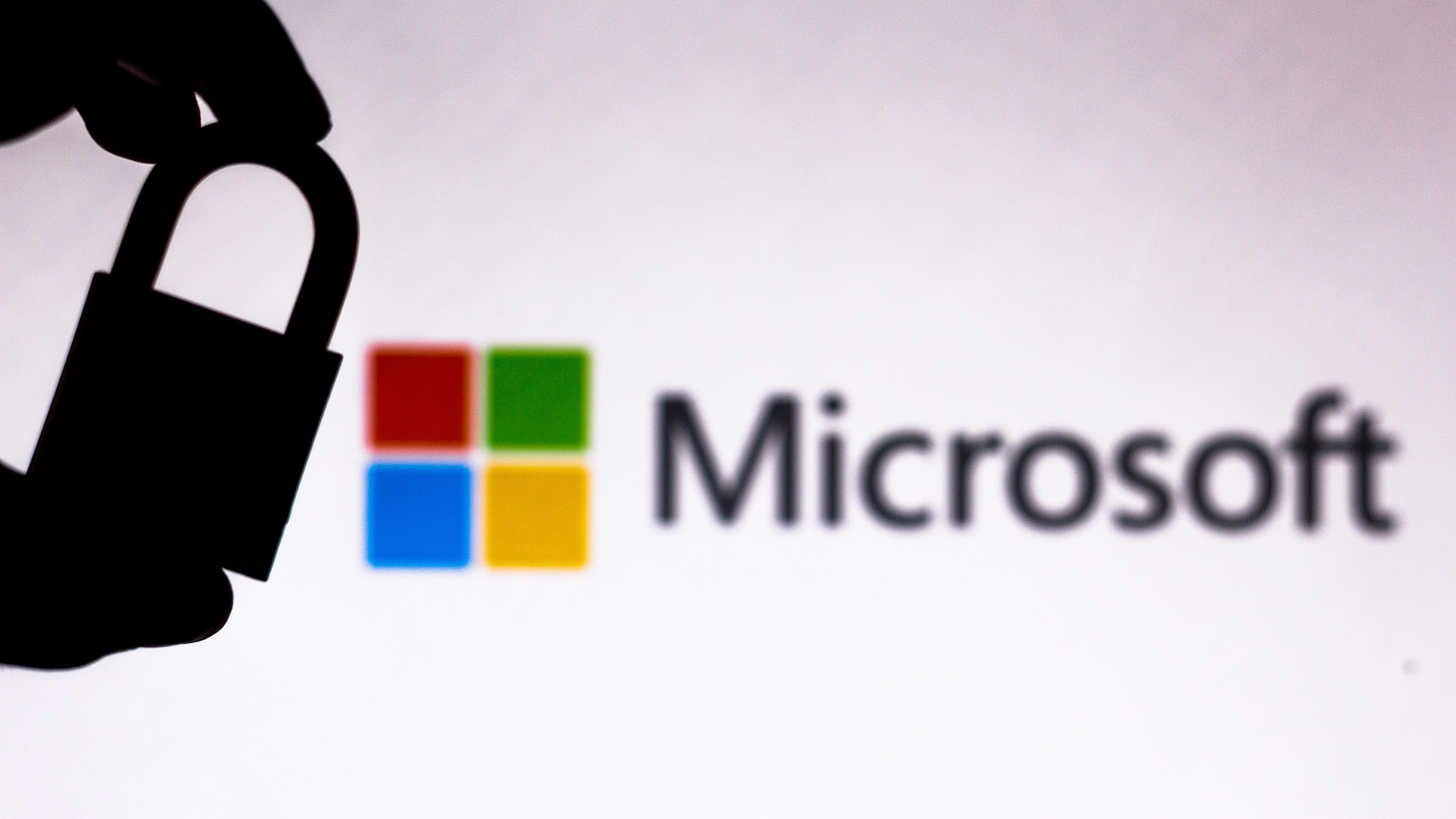 Microsoft SQL password-guessing attacks rising as hackers pivot from OneNote vectors
Microsoft SQL password-guessing attacks rising as hackers pivot from OneNote vectorsNews Database admins are advised to enforce better controls as attacks ending in ransomware are being observed
By Rory Bathgate Published
-
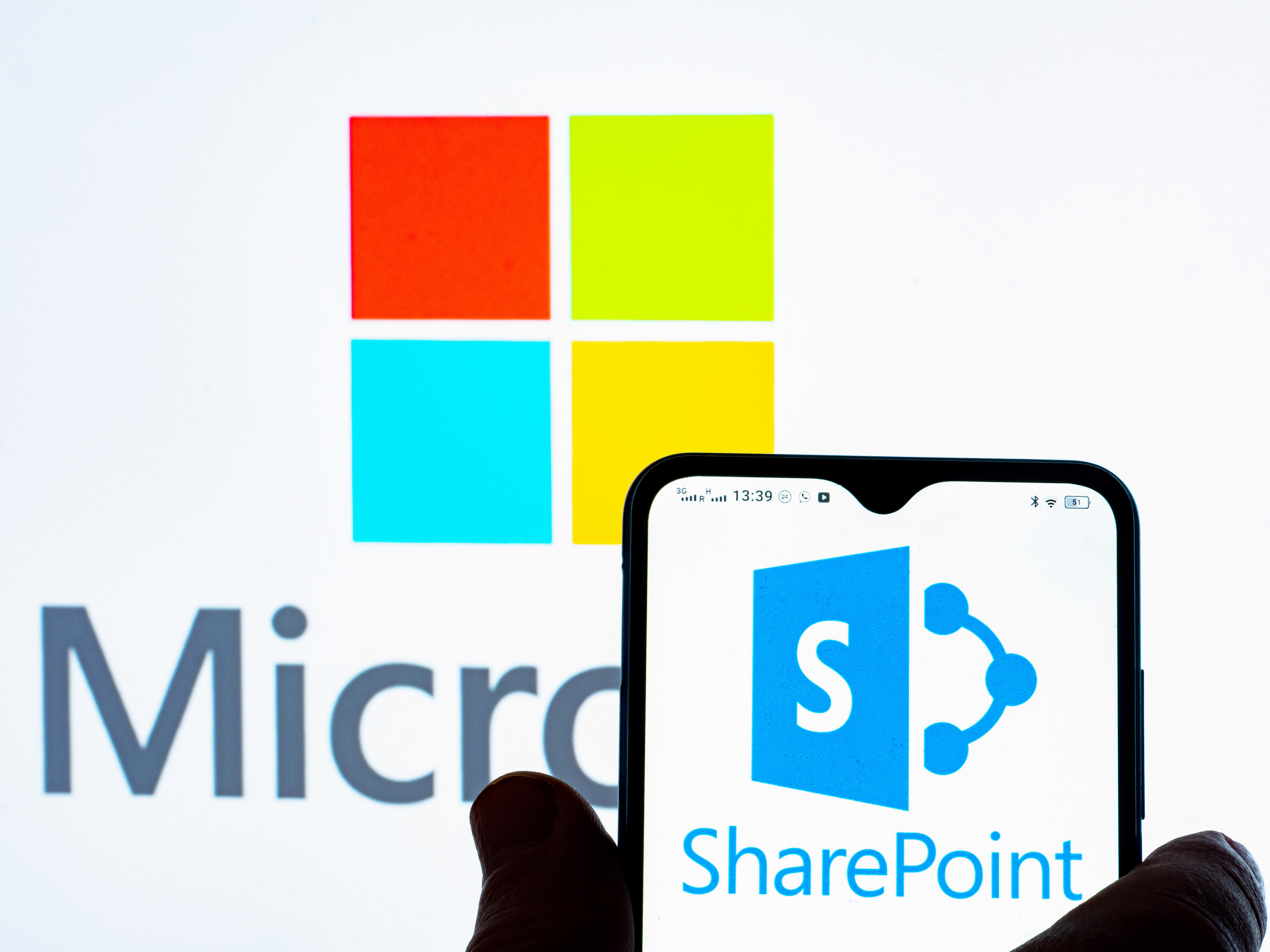 No, Microsoft SharePoint isn’t cracking users’ passwords
No, Microsoft SharePoint isn’t cracking users’ passwordsNews The discovery sparked concerns over potentially invasive antivirus scanning practices by Microsoft
By Ross Kelly Published
-
 Microsoft Authenticator mandates number matching to counter MFA fatigue attacks
Microsoft Authenticator mandates number matching to counter MFA fatigue attacksNews The added layer of complexity aims to keep social engineering at bay
By Connor Jones Published
-
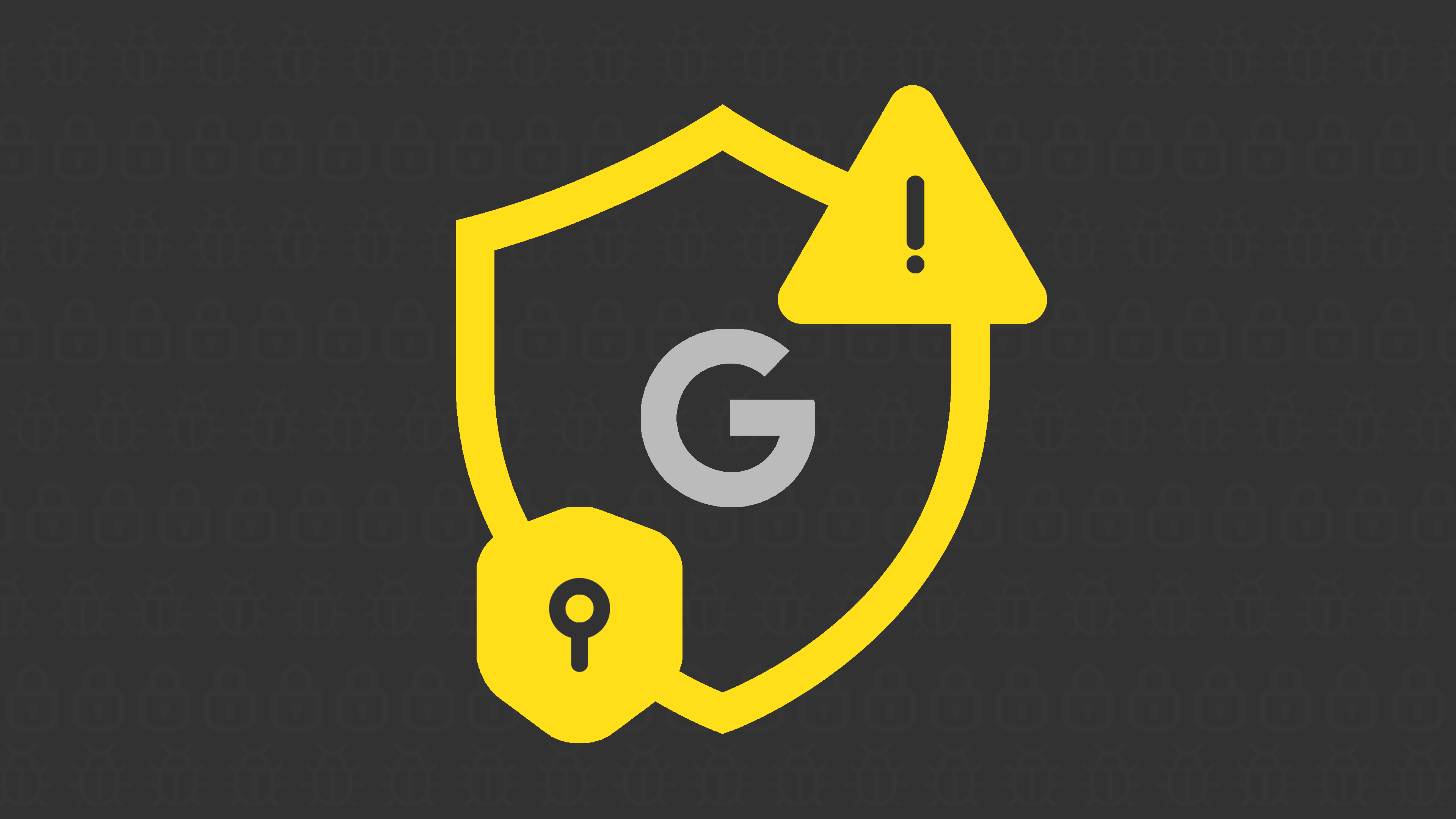 As Google launches passwordless authentication for all, what are the business benefits of passkeys?
As Google launches passwordless authentication for all, what are the business benefits of passkeys?News Google follows Apple in its latest shift to passwordless authentication, but what are the benefits?
By Ross Kelly Published